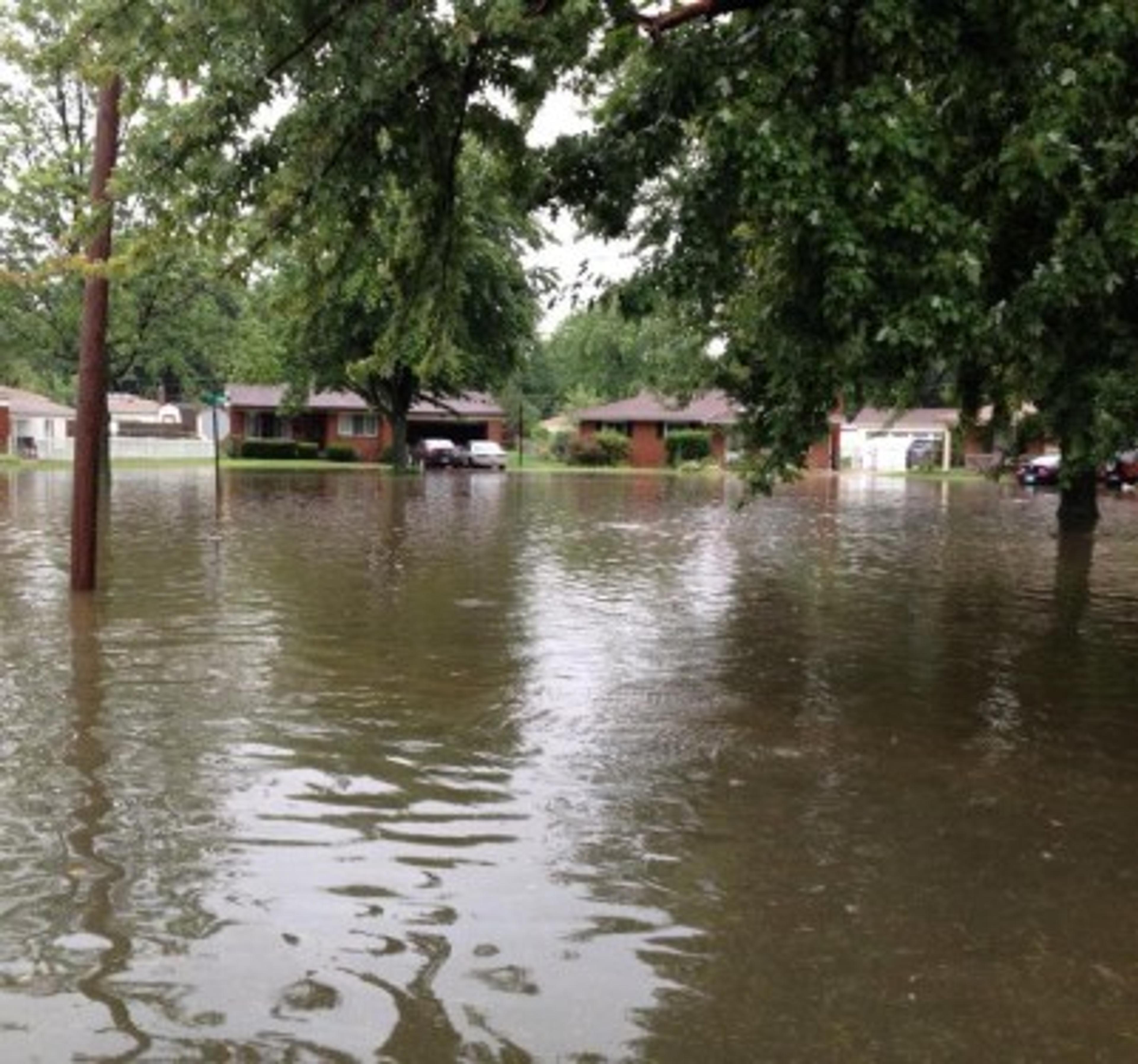5 Things You Need to Know Before and After a Flood

Julie Bitely
| 2 min read

A Warren, Mich. street on August 11
If you’re a Metro-Detroiter, you’ve undoubtedly heard about, or experienced, the giant flooding incident that occurred a couple weeks ago. August 11 brought inches of rain to the Motor City, damage to more than 18,000 homes, and led to tons of flooding indoors and outdoors. To say the effects were staggering would be an understatement, but it was largely because the area had never experienced such a natural disaster before.
But with experience comes knowledge and though many people had no choice but to deal, a lot was learned in a few days time. Because of the incident, Michiganders now have both precautionary and follow-up steps for flash flooding. Here are a few suggestions of our own to deal with a flood, before and after it occurs:
- Have updated vaccinations: Whether the water you deal with is sewage or not, having your hepatitis A, hepatitis B and tetanus boosters can all keep you from contracting a disease in affected waters. Keep your vaccination routine up to date to stay safe in case of emergency.
- Put heirlooms and valuables in an assuredly dry place: Basements and storage spots are great places to put your extra stuff. If flooding or heavy rains are imminent though, try to make sure valuables and irreplaceable items are relocated to an assuredly dry place.
- Know driving precautions: When in doubt follow this simple phrase: turn around, don’t drown. If flood waters look too deep for your car, they probably are. It only takes two feet of water to carry a vehicle away, even pickups and SUVs. Get to higher ground whenever possible and if your vehicle stalls, exit immediately and use safe car exiting practices when necessary.
- Dispose of water and damaged items ASAP: If your home is affected by flooding or water damage, find a way to get the water out. A pump system is usually the most effective and large fans can dry wet areas after the water is gone. Then, rip up carpet and other affected surfaces. The longer the wet materials linger, the probability of developing dangerous mold is higher.
- Consult professionals: Be it through an insurance company or otherwise, have someone inspect your home if possible. Electrical wiring is better left to professionals, as are odor and sewage control. Mold and other water born issues are better dealt with immediately to avoid permanent damage.
Were you affected by the recent flood in Metro Detroit? What action steps are you taking for the future?
Photo credit: Laura Nelson





